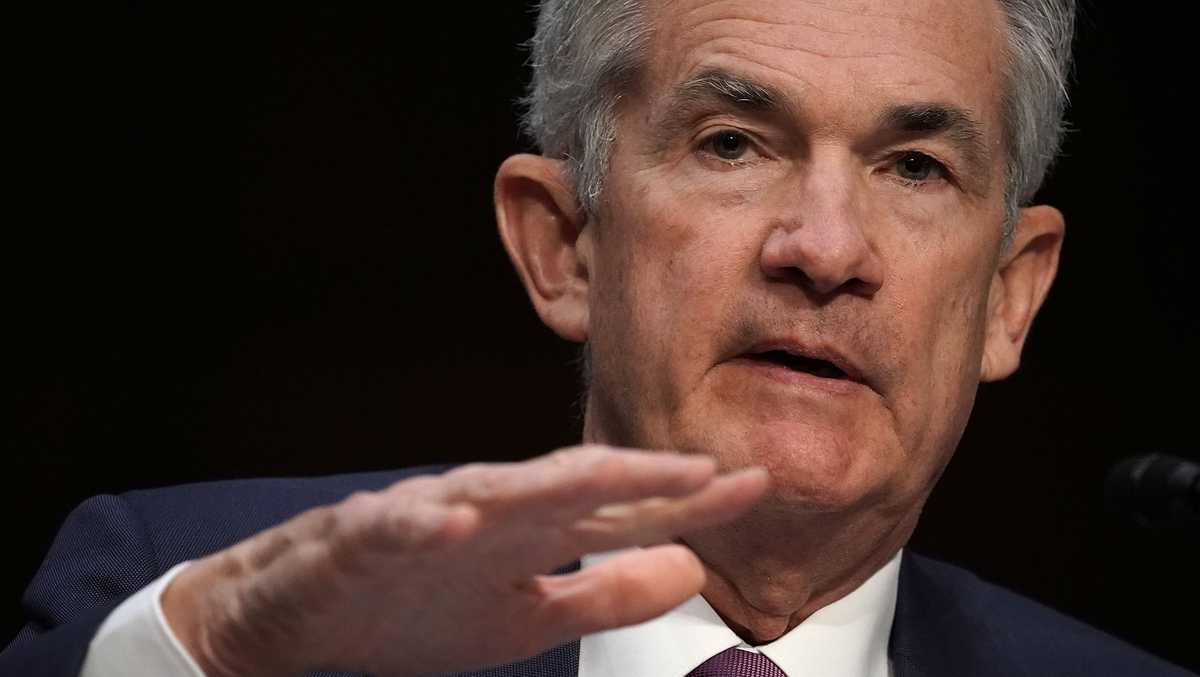Ahead of a Federal Reserve meeting Tuesday, President Donald Trump’s ongoing political campaign to lower interest rates could lead to market instability and economic destabilization, according to researchers and economists.During a tour of the Federal Reserve headquarters’ renovation project last week, Trump publicly debated firing Federal Reserve Chair Jerome Powell for failing to lower interest rates and keep the project within budget. While he has since backed off, Trump continues to advocate for lower rates to make borrowing money more affordable for short-term needs, such as car loans and credit cards. Economists warn that the political pressure could complicate financial markets and investors’ ability to predict or understand the Fed’s policy decisions.”Presidential overreach into monetary policy always ends one way, no improvement to the real lives of Americans and much higher inflation,” Jai Kedia, an economist with the Cato Institute, said. “We could be heading towards very dangerous territory, and that absolutely should not be the way the executive interferes in monetary policy.”Powell has remained cautious about yielding to the president’s pressure, saying he wants to see how the economy responds to tariffs before making any decisions on interest rates.And even if the president were to fire Powell and the courts allowed it to stand, it wouldn’t necessarily lead to lower interest rates. The Federal Reserve operates independently with a dozen board members, including the Fed Chair, who discuss and set interest rates based on “data and objective analysis that best serve the interests of all Americans.” While the president nominates and the Senate confirms most of the board’s members, they each serve staggered terms, preventing any one president or Congress from having too much influence.Watch the latest on interest rates, inflation and the Federal Reserve:
Ahead of a Federal Reserve meeting Tuesday, President Donald Trump’s ongoing political campaign to lower interest rates could lead to market instability and economic destabilization, according to researchers and economists.
During a tour of the Federal Reserve headquarters’ renovation project last week, Trump publicly debated firing Federal Reserve Chair Jerome Powell for failing to lower interest rates and keep the project within budget. While he has since backed off, Trump continues to advocate for lower rates to make borrowing money more affordable for short-term needs, such as car loans and credit cards. Economists warn that the political pressure could complicate financial markets and investors’ ability to predict or understand the Fed’s policy decisions.
“Presidential overreach into monetary policy always ends one way, no improvement to the real lives of Americans and much higher inflation,” Jai Kedia, an economist with the Cato Institute, said. “We could be heading towards very dangerous territory, and that absolutely should not be the way the executive interferes in monetary policy.”
Powell has remained cautious about yielding to the president’s pressure, saying he wants to see how the economy responds to tariffs before making any decisions on interest rates.
And even if the president were to fire Powell and the courts allowed it to stand, it wouldn’t necessarily lead to lower interest rates. The Federal Reserve operates independently with a dozen board members, including the Fed Chair, who discuss and set interest rates based on “data and objective analysis that best serve the interests of all Americans.”
While the president nominates and the Senate confirms most of the board’s members, they each serve staggered terms, preventing any one president or Congress from having too much influence.
Watch the latest on interest rates, inflation and the Federal Reserve:
